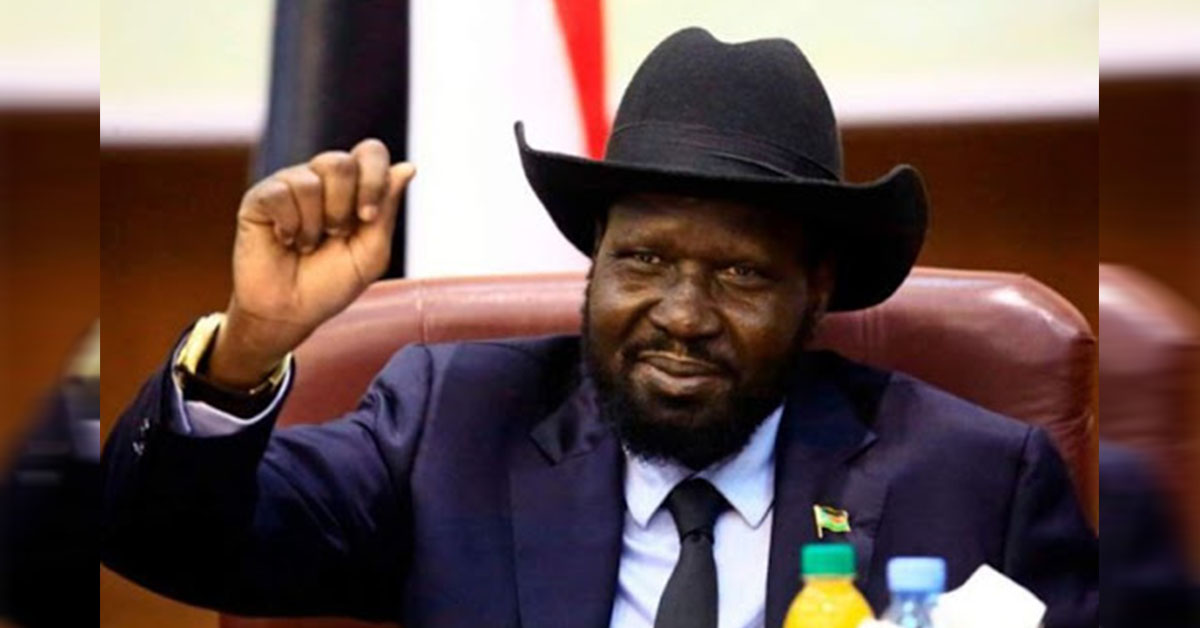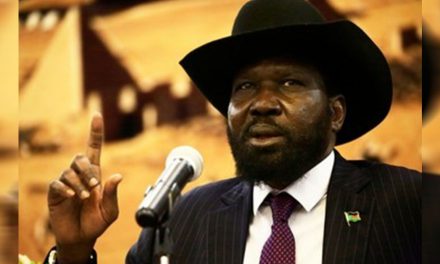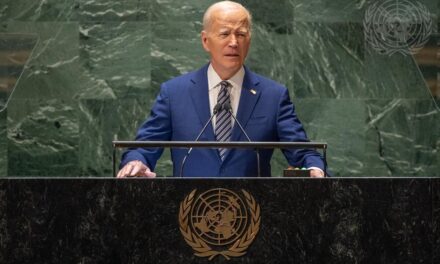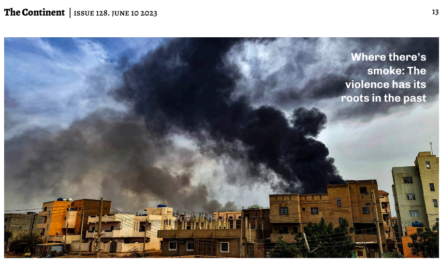
President Salva Kiir returns the country to 10 states

President Salva Kiir has returned the country to the former 10 states but adds 3 administrative areas, comprising Abyei, Ruweng and Greater Bibor
The decision followed a presidential meeting held at the State House – J1 on Saturday February 15th. The Minister in the Office of the President, Mayiik Ayiik announced the news in a meeting of senior government official.
President Kiir acknowledged thats the decision was one of the toughest he has ever made to ensure there is peace in the country.
“we thought compromise will preserve the unity of the country and move the people of South Sudan out of this imposed senseless conflict which has affected the livelihood of many of our citizens for the last six years, we must put a stop to this suffering because our people deserve the best,” president Kiir said, adding that;
“The compromise we have made today is one of the painful decision I have ever made but it is necessary if that’s what will bring back peace and preserve the unity of our people.”
The Intergovernmental Authority on development [IGAD] Council of Ministers endorsed 23 states plus Abyei administrative area in Addis Ababa last weekend. The government objected seeking for a consultation with the country’s citizens on the issue.
Another closed door meeting on Sunday between President Salva Kiir and opposition leader Dr. Riek Machar, attended by Ugandan President Yoweri Kaguta Museveni and Sudanese Prime Minister Hamdok, ended without an agreement.
Upon return to Juba, Kiir consulted his supporters on whether to return South Sudan back to the constitutional 10 states or maintain the 32.
There were pro 10 states mostly in internally displaced persons camps across the country and on social media but they were overshadowed by the pro 32 states demonstrations.
A consultative meeting in Juba on Friday was largely attended by pro-32 states. There were reports other invited peace stakeholders did not turn up for them meeting. The meeting spearheaded by Government spokesperson and information minister Michael Makuei unanimously agreed to maintain the 32 states.
But in a turn of event this morning, the Minister in the Office of the President, Mayiik Ayii told invited senior government officials that President Kiir and his two deputies, First Vice president Taban Deng Gai and Vice President James Wani Igga had a meeting last evening and agreed to return the country to the former ten states.
“The presidency appreciates the people of South Sudan for their unweaving support and for having stood firm with the government throughout the conflict despite the hardships brought upon by the war,” Ayiik said.
He said the decision to return to the 10 states was not the best option for our people.
“But for the sake of peace and unity in the country the presidency sees it necessary,” Ayiik added.
The dispute over the number of states and boundaries has been one of the issues that impeded the formation of the unity government twice-in May and November last year.
The parties are expected to form the long awaited unity government by February 22, 2020.
SPLM IO leader Dr. Riek Machar accepted the 10 States but with reservations for the 3 Administrative areas that President Kiir added.
In a statement released by the SPLM IO , Ruweng Area has no clear boundaries with Unity State claiming it’s another setback that President Kiir did not see. However, they agreed that Abyei should be an Administrative area since he is not being paid.
“Boma Shouldn’t have been removed from Jonglie State. We would like to urge President Kiir before it’s too late to think about Boma and Ruweng Administrative Areas and Dissolve them,” the statement concluded.






















Recent Comments